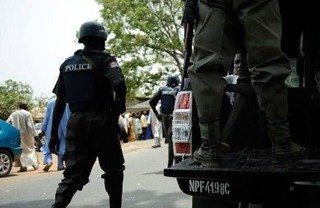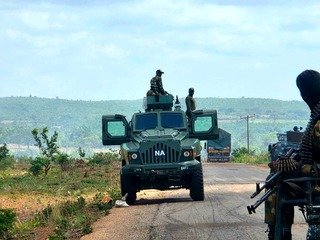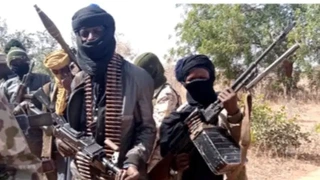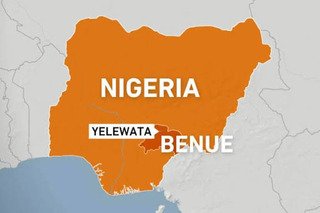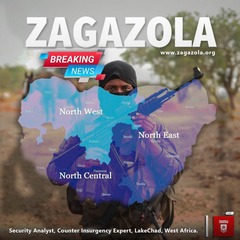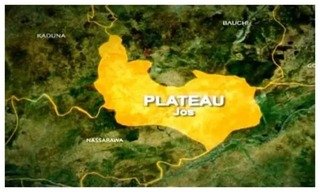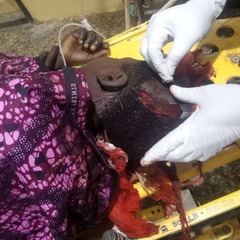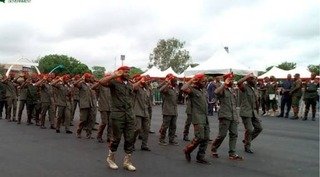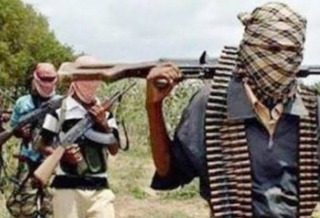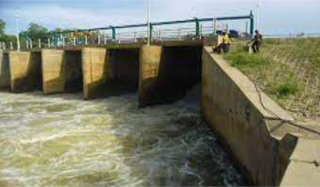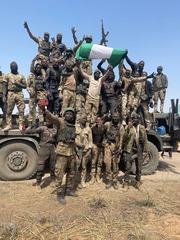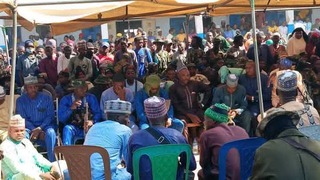Security Crisis Deepens in Niger as Government Faces Rising Instability
Niger’s security situation has continued to deteriorate at an alarming rate since the military coup of July 26, 2023, raising concerns about the country’s stability under General Abdourahamane Tiani’s leadership. Critics accuse the military junta, particularly Defense Minister General Salifou Modi, of mismanaging security operations, leading to widespread violence, territorial losses, and a growing humanitarian crisis.
Despite official claims that the security situation is under control, independent reports suggest a stark contrast between the current reality and the conditions before the coup. Under the deposed administration of President Mohamed Bazoum, Niger experienced relative stability, with fewer security personnel casualties, no major hostage situations, and no significant territorial control by armed groups.
However, in just 18 months under military rule, the country has seen a dramatic escalation in attacks, mass displacement, and growing threats from terrorist organizations.
Before the coup, Niger’s security forces (FDS) reportedly suffered 57 casualties in active operations over a period of two years and three months. In contrast, since General Modi took over as defense minister, reports indicate that more than 1,300 soldiers have been killed in combat, marking a significant surge in battlefield losses.
More than 629 civilian deaths due to drone misfires, recorded in at least 30 locations, according to a report by the Armed Conflict Location & Event Data Project (ACLED). Entire villages burned to the ground, displacing hundreds of thousands of people.
At least nine foreign nationals kidnapped, including four Moroccans, two Russians, two Chinese, and one Australian, alongside six FDS members, including the Prefect of Bilma, who remain in captivity.
Thousands of civilians abducted for ransom, particularly in the Maradi region. A jihadist blockade over parts of the country, particularly Bankilaré, where militant groups exert increasing control.
W National Park allegedly turned into a base for terrorist groups, according to Nigerien military sources. The military chain of command disrupted, with officers dismissed, placed under surveillance, or sidelined. Troop morale severely impacted, as soldiers face increased casualties with limited resources.
The Nigerien government relying on Russian Wagner mercenaries for intelligence and security operations, raising questions about national sovereignty. Repeated sabotage of Niger’s critical oil pipeline, the same infrastructure the coup leaders cited as a reason for ousting President Bazoum, with at least six confirmed attacks on the pipeline.
Despite the mounting crisis, General Modi has continued to insist that Niger’s security situation is stable, dismissing criticism as misinformation. However, the increasing frequency of attacks, kidnappings, and infrastructure sabotage suggests that the government is struggling to contain the growing insecurity.
Public confidence in the military junta has also waned, with citizens in conflict affected areas accusing the authorities of failing to protect communities from terrorist and bandit attacks. There is also growing frustration over the lack of a clear military strategy to address the security collapse, with concerns that Niger could become further destabilized if urgent measures are not taken.
Meanwhile, regional and international security analysts warn that Niger’s current trajectory could have far-reaching consequences, not only for the country but for the broader Sahel region. If left unchecked, the security breakdown could escalate into a full-blown crisis, affecting neighboring states such as Mali, Burkina Faso, and Nigeria.
With armed groups consolidating their hold on parts of Niger’s territory, thousands of civilians displaced, and the economy suffering from the consequences of insecurity, the pressure is mounting on General Tiani’s administration to take decisive action. However, with continued reliance on foreign mercenaries and internal divisions within the military, the path to restoring stability remains uncertain.
As Niger faces one of its most challenging periods in recent history, many are left wondering whether the military leadership will be able to reverse the crisis or if the country will continue its descent into deeper chaos.


